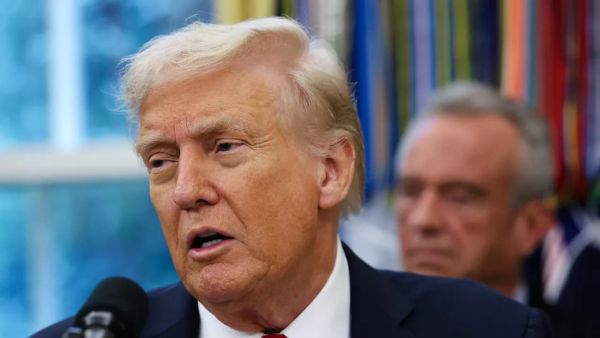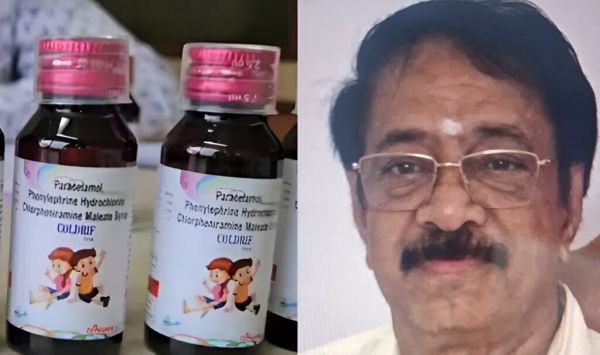
The administration is now exploring alternative measures, such as federal grants or loans, to encourage the domestic production of critical generic drugs, aiming to reduce reliance on foreign suppliers, including India.
The Trump administration said it isn’t planning to impose tariffs on generic drugs, easing months of debate over levies on most U.S.-dispensed medicines.

Officials have been weighing the duties under Section 232 of the Trade Expansion Act, which allows tariffs tied to national security concerns. Trump had earlier proposed 100% tariffs on name-brand drugs starting Oct. 1 but excluded generics and later delayed the move for further talks, The Wall Street Journal reported.
“The administration is not actively discussing imposing Section 232 tariffs against generic pharmaceuticals,” said White House spokesman Kush Desai. The Commerce Department, which is leading the investigation, also stated that tariffs on generics aren’t expected.
The decision, which could still change, narrows the Commerce Department’s investigation that initially covered both branded and generic drugs. It marks a reversal of Trump’s 2023 campaign pledge to restore U.S. production of all essential medicines.
Opponents within the administration, including members of the Domestic Policy Council and healthcare adviser Theo Merkel, reportedly warned that tariffs on generics could raise prices and cause shortages. They argued that low-cost production in countries like India, which is the source of nearly half of U.S. generics, would make tariffs ineffective.
Meanwhile, Commerce Department officials have called for tariffs or quotas to stimulate domestic manufacturing and cut dependence on foreign suppliers in the wake of pandemic-era supply chain disruptions. Protectionists have also described foreign reliance on generics as a national security vulnerability and argued that tariffs, combined with government assistance, could make U.S. production profitable.
Desai said there was “no daylight or disagreement” between the White House and Commerce Department on the issue.
The debate underscores Trump’s challenge in reshoring industries deemed vital to national security. While the administration wants to spur U.S. output of antibiotics and other everyday drugs, U.S. Trade Representative Jamieson Greer recently said officials are still assessing how best to apply “economic tools” to generics, which are mostly tariff-free.
The decision could anger GOP protectionists such as Sen. Rick Scott, who urged tariffs on both branded and generic drugs. Meanwhile, officials are reportedly exploring executive actions such as federal grants or loans to boost domestic generic-drug manufacturing, potentially funded by money from foreign partners like Japan under recent tariff agreements.
Desai said the administration is pursuing “a nuanced and multi-faceted approach to onshore manufacturing of generic pharmaceuticals” to avoid future dependence like that seen during the Covid era.
On Stocktwits, retail sentiment for the Health Care Select Sector SPDR Fund (XLV) was ‘extremely bullish’, while sentiment for the iShares Global Healthcare ETF (IXJ) was ‘bullish’, with both seeing ‘high’ message volume.
So far this year, XLV is up 6.4% so far this year, while IXJ has gained 8.5%.
For updates and corrections, email newsroom[at]stocktwits[dot]com.<
-
Soaked but steadfast: Hanoi residents battle floods to keep working

-
Zayn Malik, Jisoo drop first collab track “Eyes Closed

-
Deep Love Arrives For 5 Zodiac Signs During The Week Of October 13 – 19, 2025

-
Toxic Cough Syrup Tragedy: 22 Children Dead in Madhya Pradesh, Pharma Company Director Arrested in Chennai

-
Why Do Bikers Call Their Patches ‘Colors’?
